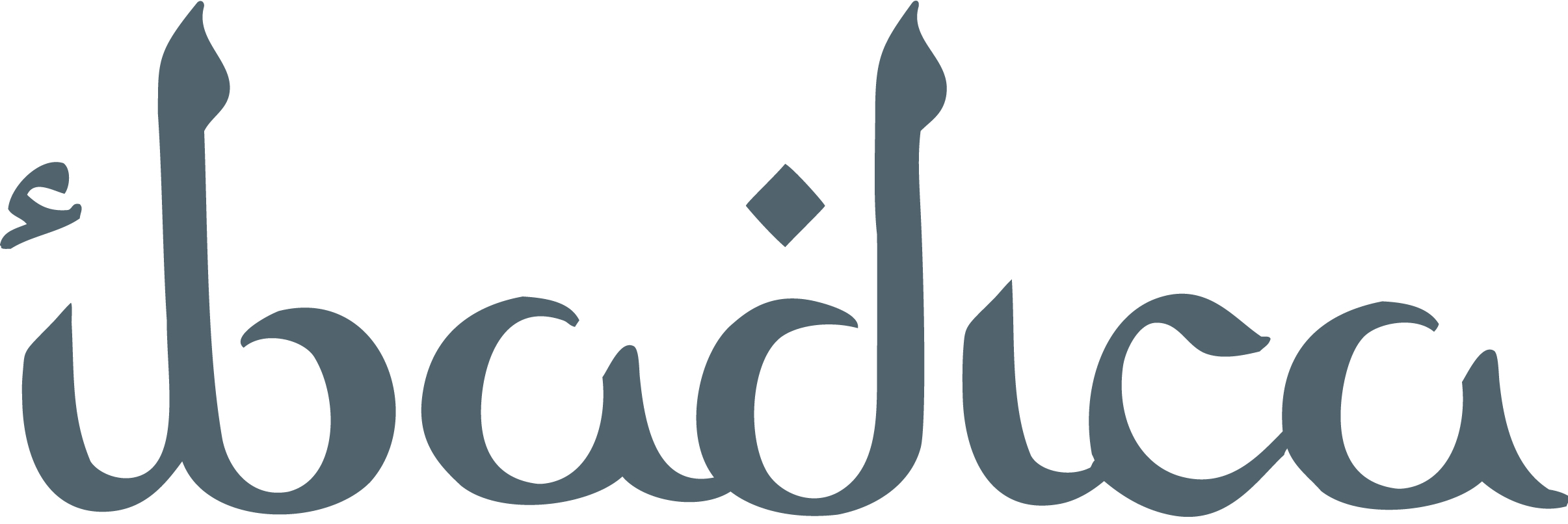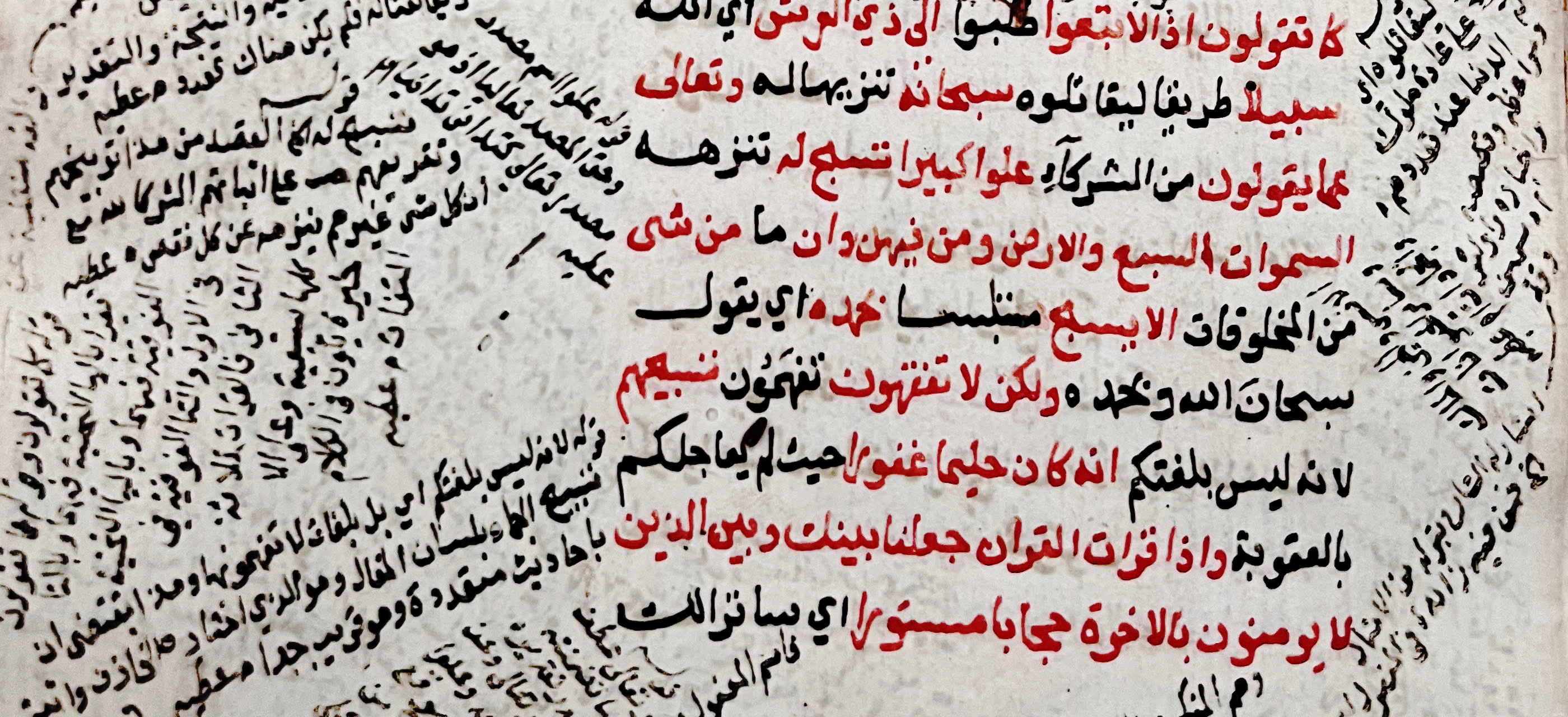Hâricî/İbâdî Gelenekte Sünnetin Teşri Değeri
Contenu
- Titre
- Hâricî/İbâdî Gelenekte Sünnetin Teşri Değeri
- Créateur
- Özdemi̇r, Ahmet Voir tous les contenus avec cette valeur
- Date
- 2020
- Dans
- Amasya İlahiyat Dergisi Voir tous les contenus avec cette valeur
- Résumé
-
Hâricîler, daha hicri birinci asır gibi erken denilecek bir dönemde birçok fırkaya bölünmüş ve zaman içerisinde parçalanıp yok olmuşlardır. el-Milel ve’n-Nihal kaynaklarına göre, Hâricîlerin günümüze kadar gelebilen tek kolu, İbâdiyye fırkasıdır. Hâricîler hakkında sahip olduğumuz bilgiler, daha çok onlara muhalif olan mezheplerin kaynaklarına dayanmaktadır. Söz konusu kaynaklarda Hâricîlerin sadece Kur’ân ile yetindikleri, sünnetin teşri değerini kabul etmedikleri ve Kur’ân’ın zahirine muhalif gördükleri birçok hadisi reddettikleri belirtilmiştir. Bununla beraber onların bir kolu olarak kabul edilen İbâdî kaynaklara bakıldığında ise bunun aksine olduğu görülmektedir. Zira İbâdiler, hicri birinci asırdan itibaren hadis tedvini faaliyetine katılmış, başta hadis ve fıkıh olmak üzere birçok eser meydana getirmişlerdir. Hicri ikinci asra ait olduğu iddia edilen Rabî’ b. Habîb’in el-Câmiu’s-Sahîh adlı hadis mecmuası, günümüze kadar gelebilen söz konusu önemli eserlerden birisidir. İbâdî alimler tarafından telif edilen eserlere bakıldığında onların hadis ve sünnetle amel ettikleri ve sünneti, Kur’ân’dan sonra İslam dininin ikinci teşri kaynağı olarak kabul ettikleri görülmektedir. Bu makalenin amacı, Hâricîlerin sünnettin teşri değeri hakkındaki görüşlerini, özellikle İbâdî kaynaklar üzerinden tespit etmektir.
,
The Hariciyya sect according to the hijri calendar was divided into many different branches from the first century. According to the historical books of sects, the only branch of Hariciyya to date is Ibadiyya. Our knowledge of Hariciyya is often based on the books of those who oppose them. According to these books, the Hariciyya only deal with the Qur’an, they do not accept the sunnah of the Prophet and they rejected circumcision opposing the Qur'an. However, according to ibadi books, this information is not correct. Because Ibadiyya have gathered hadith since the early century. They accepted the sunnah of the prophet. According to them, circumcision has a legal value. They wrote many hadith and fiqh books for this. According to the Ibadiyye, the constitution book after the Qur'an is the sunnah of the prophet. They have criticized those who oppose the Sunnah. The aim of this article is to determine Hariciyya's views on hadith and sunnah according to the sources of Ibadiyya.SummaryThe Hariciyya sect was divided from the early period and divided into many branches. Most of Hariciyya's arms disappeared over time. Unfortunately, we do not have any books except Ibadiyya belonging to Hariciyye sect. Therefore, our knowledge about Hariciyye is based on the books of other sects. This situation leads to the fact that our information about Hariciyye is not objective. In the history books of sects it is written that Hariciyya had a negative view about hadith and sunnah. According to those sources, Hariciyya acts only with the Qur'an. He rejected the hadiths against the Qur'an. They have accepted only hadiths that fit with the Qur'an. Therefore, they did not accept the legal value of the Sunnah of the Prophet.However, it is controversial that this information is objective. Because many hadith scholars, such as Imam Bukhari, hadith from people affiliated to the Hariciyya sect. The rejection of certain hadiths that Hariciyya saw as opposed to the Qur'an does not mean that they do not accept hadith and sunnah. Because perhaps the hadith did not come to them in a sound way. There are also reports in the books that they accept certain hadiths. this shows that not all of them are against hadith and sunnah.if we evaluate Hariciyye according to the works of Ibadiyya, the situation is different. Because Ibadiyya gave great importance to hadith and sunnah. There are many scholars who wrote the hadith and sunnah of the prophet. Some of these scholars are: Cabir b. Zayd, Abu Ubeyde and Rabi b. Habib. Rabi b. Habib's book of hadith called al-Camiu's-Sahih is very famous. There are about a thousand hadiths in this work. A lot of hadith narrated from sahabi in the work. According to the Ibadiyya sect, Rabi book was accepted as the most famous hadith book after the Qur'an. There are many examples in the work that accept the legal aspect of hadith and sunnah. There are other scholars who write fiqh books and give fatwa. Some of these scholars are: Abu Ghanim al-Horosani, Abu Said Abdullah b. Abdilaziz al-Basri, Omar b. Muhammad Abu’l-Muerric, Hatim b. Mansur al-Horosani, Vail b. Ayyub, Mahbûb b. Rahil al-Mahzûmî and Amrûs b. Feth en-Neffûsî. There are many examples that show that these scholars accept hadith and circumcision in their own views.Here, all the scholars we have given as examples have accepted the sunnah of the prophet. They accepted its legal value. According to the Ibadiyya sect, the first source of Islamic religion is the Qur'an. The second is the sunnah of the prophet. Then comes ijtihad. Therefore, they first seek the solution of a matter in the Qur'an. If they do not boom solution in the Qur'an, they look at the sunnah of the prophet. If they cannot find a solution in hadith and sunnah, then they resort to their personal views. therefore, according to scholars of the Ibadiyya sect, there is no personal opinion in the place of hadith and sunnah. This shows that they accept hadith and circumcision and act with circumcision.When we look at the works of the late Ibadiyya scholars, we see that they accepted hadith and sunnah as the first scholars. Some of the latest scholars include. Abdulaziz b. Ibrahim as-Semini, Nureddin as-Salimi, Muhammad b. Yusuf Etfeyyish and Sheikh al-Kannubi. We have the books of these scholars and these books are full of examples of hadith and circumcision. Those who want to learn the views of the Ibadiyya sect about hadith and sunnah, just look at their books of fiqh. We should also add that Ibadiyya criticized those who oppose hadith sharply. They have criticized the Hariciyya's Ezarika and Sufriyya branches. Because according to Ibadiyya, these sects acted in opposition to the Sunnah. And they departed from the righteous way, because they acted against circumcision.As a result, we need to say. All Hariciyye did not deny Hadith and Sunnah. The works of Ibadiyya, who is seen as the branch of Hariciyye in the books of Meshepler Tarihi, are present today. These books are full of Hadith and Sunnah. Therefore, we see that the information about Hariciyye in the History of Sects books is not objective. In order to obtain accurate information about a sect, we must first look at their books. We need to look at all Sects without prejudice for a correct and objective Islamic imagination. To understand one of us, we must first get rid of our prejudices. prejudices and fanaticism in scientific studies are barriers to being objective. I hope this article will contribute to the relevant field. - Langue
- tur
- numéro
- 14
- pages
- 197-227
- doi
- 10.18498/amailad.673183
- issn
- 2667-7326
Özdemi̇r, Ahmet, “Hâricî/İbâdî Gelenekte Sünnetin Teşri Değeri”, 2020, bibliographie, consulté le 19 septembre 2024, https://ibadica.org/s/bibliographie/item/21013
Position : 5390 (8 vues)

